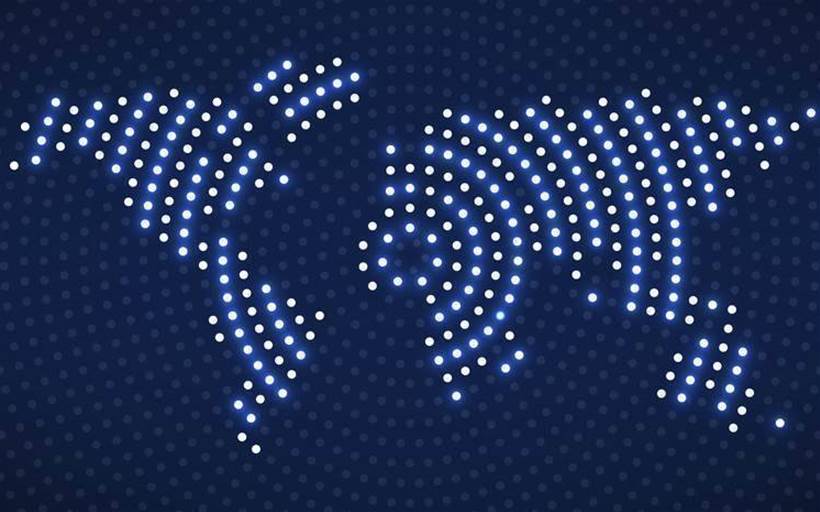The World Bank Group and the GSMA – the organisation representing the world’s cellular network operators and their suppliers – have formed a partnership to gather and analyse anonymised data from the billions of IoT devices expected to be deployed over the next few years.
The aim of the project is to help end extreme poverty and unlock new drivers of economic growth, according to the partners.
“Through this initiative we will partner with the mobile industry to harness IoT, big data and other new technologies to solve the world’s largest challenges,” said World Bank president Jim Yong Kim.
“The mobile network industry provides the connectivity that is essential for countries to unlock new drivers of economic growth, help make the global market system work for everyone, and meet the world’s rising aspiration.”
GSMA estimates there will be 25 billion IoT connections globally by 2025, enabling everything from real-time crop monitoring to water leakage detection. It says their rapidly growing use in developing countries can produce a wealth of insights for development work.
The organisation says there are more than 3.8 billion unique mobile subscribers in developing countries – which, it claims, is more than the number with access to clean water or electricity.
The two organisations are calling on mobile operators to use data that they collect through their existing IoT services or through new pilots and partnerships to provide insights and analysis to design and improve projects, saying such a move could boost development outcomes from World Bank projects.
“Operators and governments will also benefit from increased use of big data for development, as it can enable better service provision, creation of new indicators and statistics, and better quality of life for users and citizens in general,” they say.
The World Bank claims to already have examples of applying mobile-enabled IoT and big data to projects. “In India, bangle-shaped sensors – wearable IoT data collection devices – allow users to automatically monitor harmful emissions from their stoves, and the data they generate is helping drive a shift to cleaner stoves,” it says.
The two organisations also intend to call on industry leaders, development partners and governments to work together and build a strong enabling environment for the IoT while protecting personal privacy.







